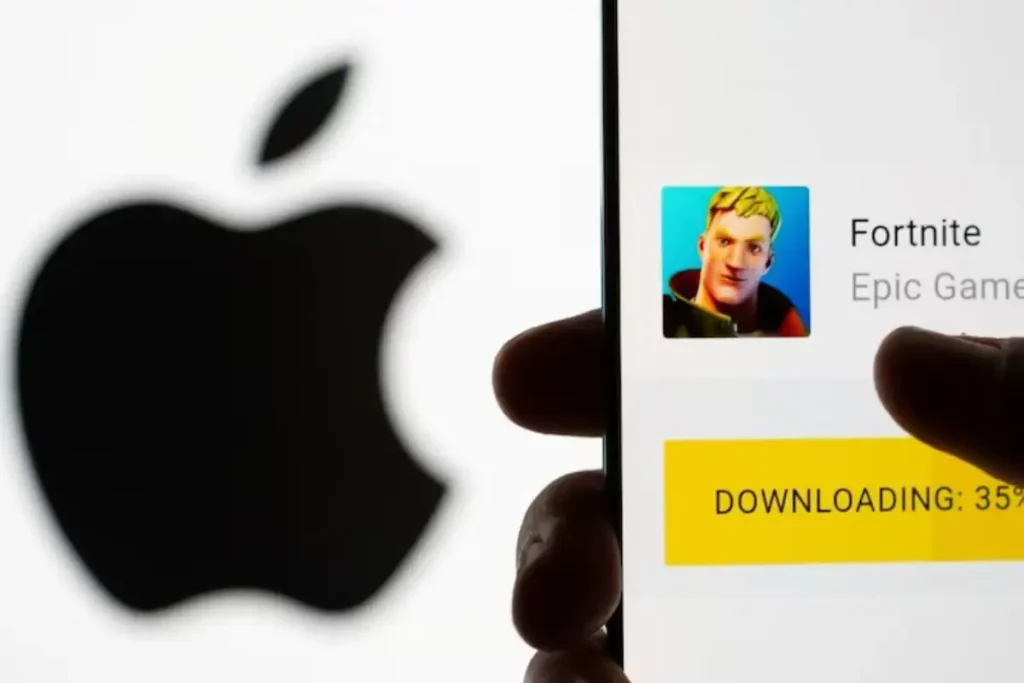Apple’s Regulatory Response: Sideloading and Third-Party App Stores Set to Arrive in Europe by March 7, Fostering App Market Diversity
The much-anticipated return of Fortnite to iOS is on the horizon for European users, following an announcement by Epic Games on January 25. This significant development is attributed to Apple’s obligation to open up iOS to sideloaded apps and third-party app stores, a move driven by the requirements of the Digital Markets Act (DMA).
With a deadline set for March 7, Apple is actively working on modifying its App Store structure, preparing to introduce a distinct version tailored for the European market. Epic Games, known for its popular battle royale game Fortnite, is poised to leverage this policy shift, potentially making the game available through its own Epic Games Store for iOS in Europe. This marks a pivotal moment for iPhone users who have awaited the return of Fortnite for four years.
The official Epic Games Store handle disclosed the news, affirming the game’s impending return to iOS in Europe. However, specific details regarding the launch date were not provided in the announcement. In a separate communication, Epic Games emphasized its commitment to navigating the regulatory landscape, stating, “Stay tuned for details as we figure out the regulatory timeline.
We’ll continue to argue to the courts and regulators that Apple is breaking the law.” As these developments unfold, the gaming community eagerly awaits the return of Fortnite to iOS, anticipating an enriched gaming experience on Apple devices in the European market.
Epic Games CEO Tim Sweeney also spoke against how Apple implements the DMA regulations, calling it a “malicious compliance.” In a long post, he said the Cupertino-based tech giant is forcing third-party app stores to accept “junk fees on downloads and new Apple taxes on payments they don’t process.”

Separately, he also said that a monopoly should not be allowed to decide what companies are allowed to compete with it after another user shared a list of agreements Apple sought from third-party app stores before allowing them on iOS.
Fortnite was removed from the App Store in 2020 after the iPhone maker banned Epic for encouraging users to make third-party in-app payments. Subsequently, Epic Games filed an antitrust lawsuit against Apple. Just last week, the US Supreme Court denied the request to hear the dispute, resulting in a win for the tech giant.
The concern for Epic Games comes from its previous issues with the company, and with Apple still holding oversight into third-party apps, the possibility of the Fortnite-maker getting banned again still exists.


















